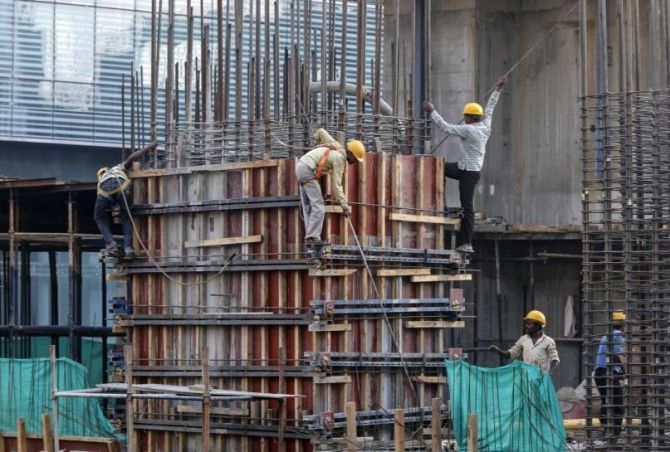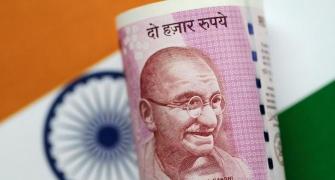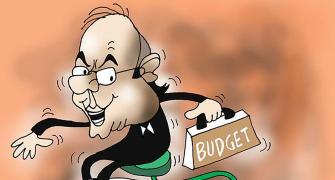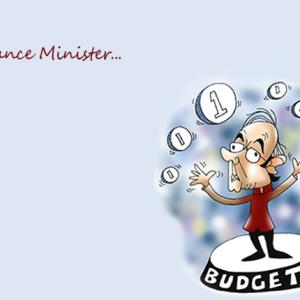The year 2018 is likely to be steady in terms of institutional investment into real estate

Prime Minister Narendra Modi’s plan of building homes for all by 2022 is set to boost the economy by $1.3 trillion, create 60 million new houses and over 2 million jobs annually.
The year 2018 is likely to be steady in terms of institutional investment into real estate.
More long-term and patient capital from stronger entities such as pension and sovereign funds is expected to enter the sector.
We may also see a return of some equity investments in the residential sector.
Key issues or areas of concern for the sector
- Rental yields in India are among the lowest in the world at 2.2%
- Complex regulations at the municipal level such as construction permits and property registration
What the industry wants
- Grant infrastructure status to real estate, SEZs and industrial parks
- Include stamp duty as a part of GST
- Smooth launch of India's maiden Reit this year, with all tax and regulatory hurdles crossed
PwC view
Abhishek Goenka
Leader-real estate tax, PwC India
The triple impact of demonetisation, the Real Estate Regulatory Act (RERA) and GST led to dramatic twists and turns in the sector and also changed the way of doing business, perhaps forever.
While these developments were bound to create short-term pressures, stability in the long run is a definite outcome.
The outlook for 2018 is positive, with change driving further change.
Industry voice
Surendra Hiranandani
CMD, House of Hiranandani
Currently, the goods and services tax (GST) rate applicable to real estate (i.e on sale of flats) is 12 per cent of the sales consideration.
During the pre-GST era, the applicable rate of service tax was around 4.5 per cent and value-added tax was 1 per cent.
This resulted in total tax outgo of 5.5 per cent of the sales consideration.
In the GST regime, input tax credit is available on taxes paid on materials bought for construction, which can be the adjusted against the GST liability.
The effective tax rate after adjustment is quite high as compared to the old rate of 5.5 per cent.
Further, stamp duty continues to remain in force even after implementation of the GST.
The rates vary from state to state, which increases costs for consumer.
We hope that state governments will abolish the rate or merge it with the GST.
Owing to the aforesaid factors, we feel the present GST rate must be revisited and stamp duty should be abolished.
Photograph: Shailesh Andrade/Reuters










